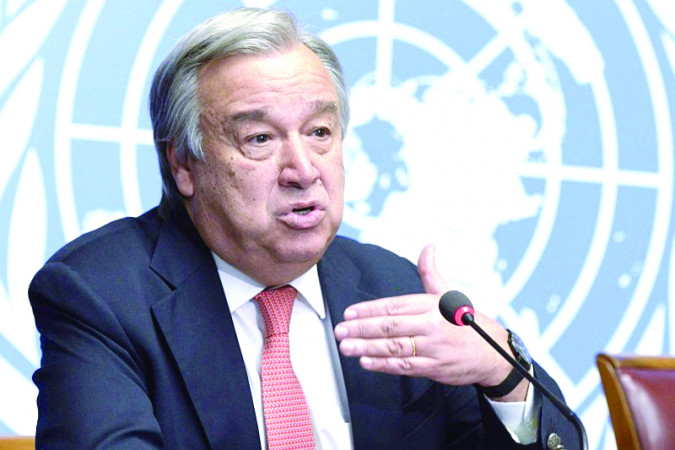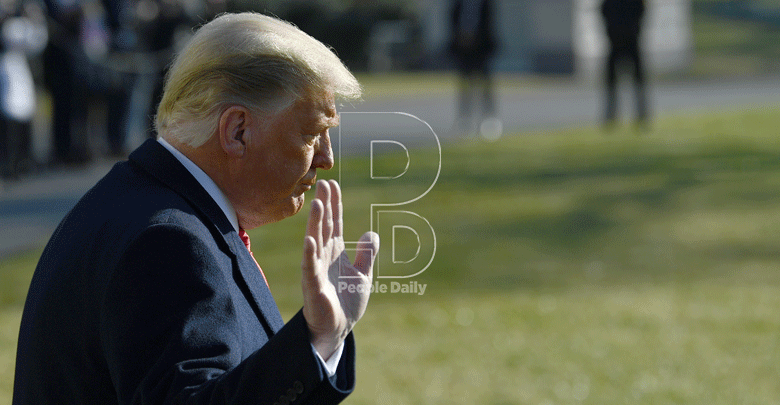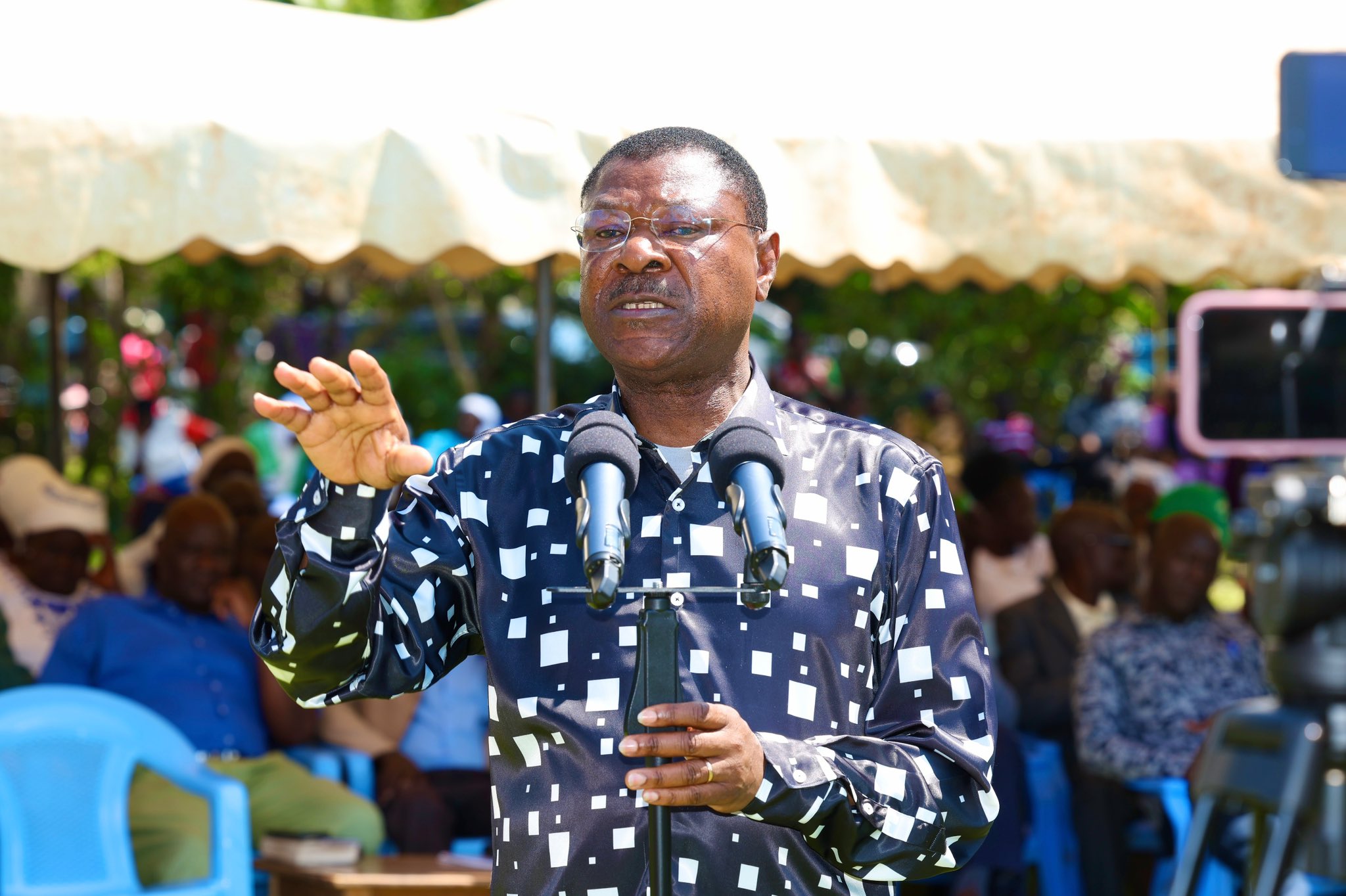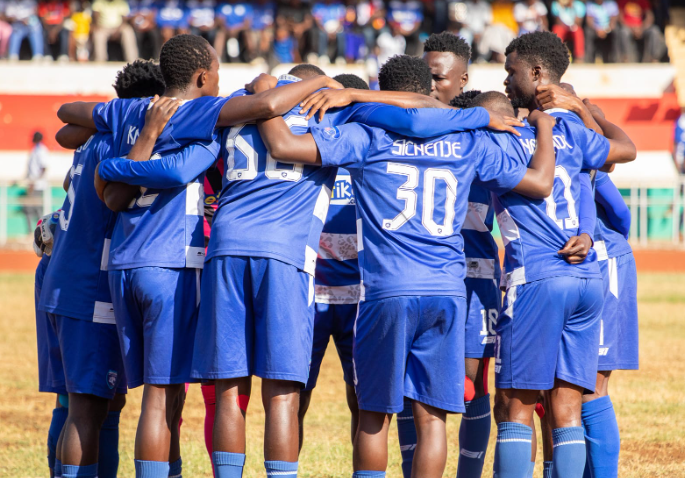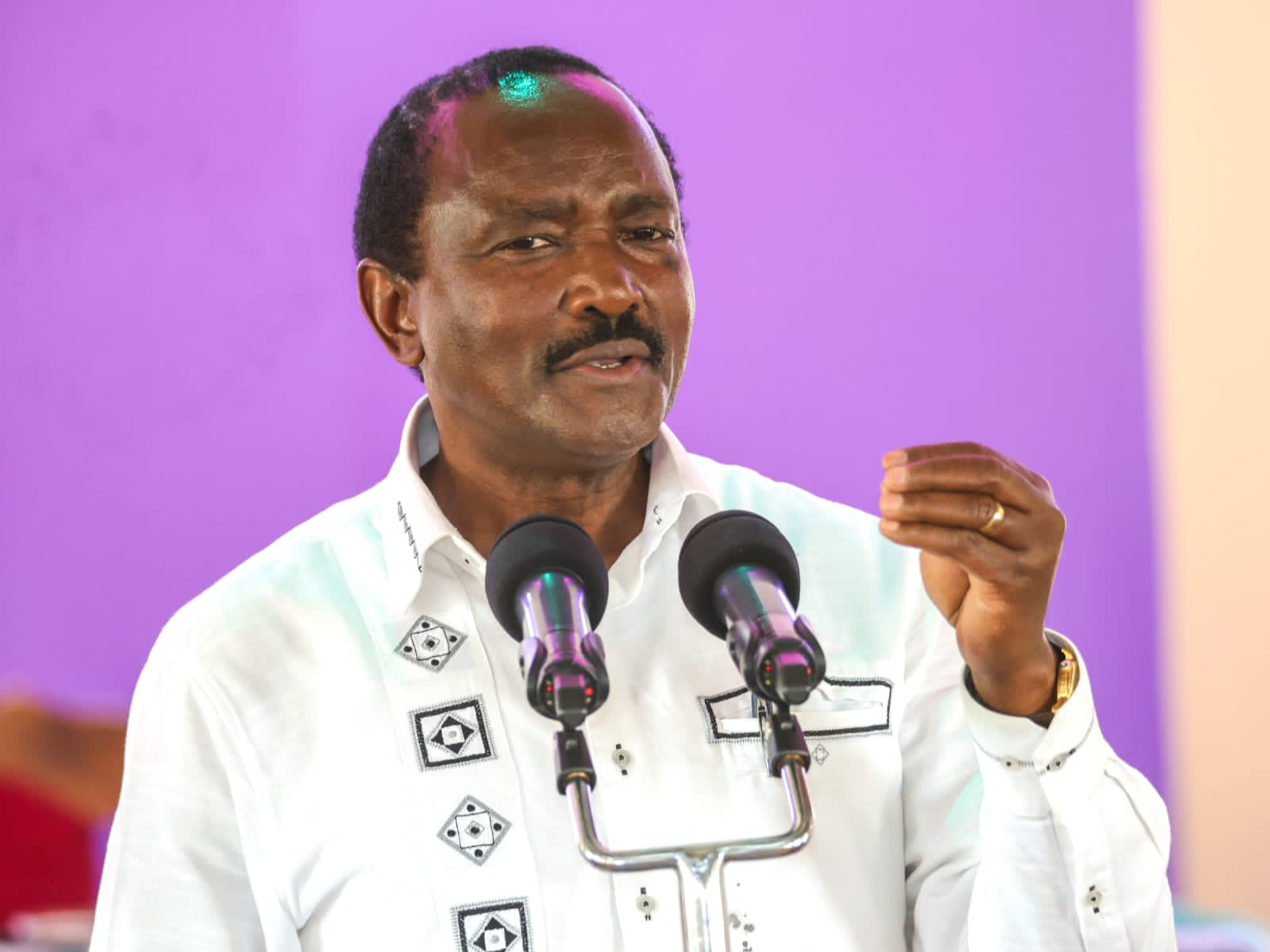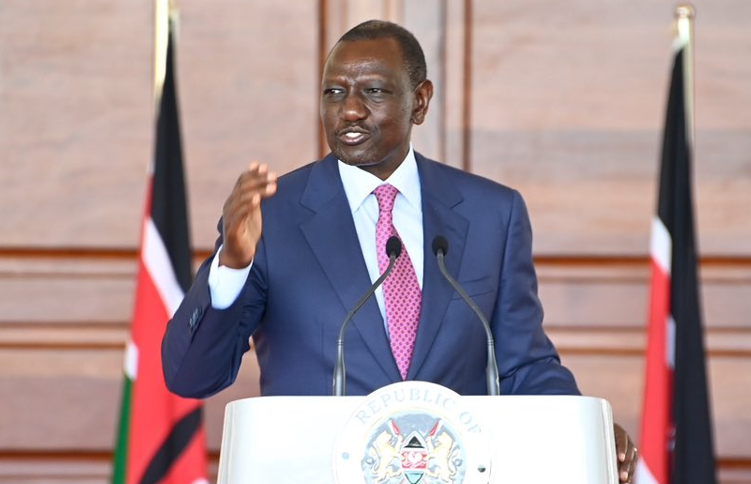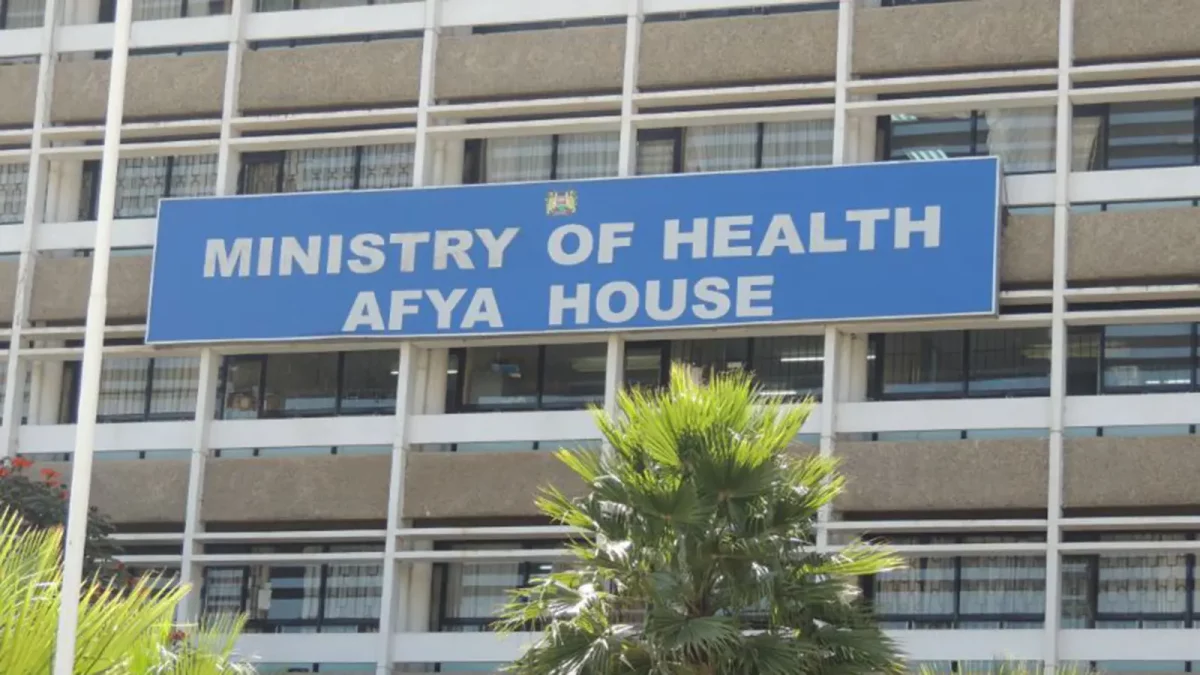UN chief urges US to lift 2015 nuke sanctions against Iran
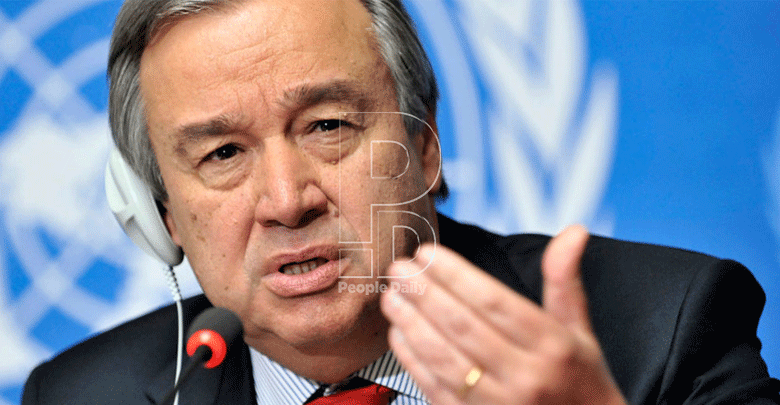
New York, Wednesday
UN Secretary-General Antonio Guterres appealed to US President Joe Biden’s administration to lift or waive all sanctions on Iran as agreed under a 2015 deal aimed at stopping Tehran from developing a nuclear weapon.
In a report to the United Nations Security Council, Guterres also urged the United States to “extend the waivers with regard to the trade-in oil with the Islamic Republic of Iran, and fully renew waivers for nuclear non-proliferation projects”.
The 15-member council will on Wednesday discuss the secretary-general’s biannual report on the implementation of a 2015 resolution that enshrines the nuclear deal between Iran, the United States, France, the United Kingdom, Germany, Russia, China and the European Union.
Guterres’ appeal to Washington comes amid talks to revive the deal – known as the Joint Comprehensive Plan of Action (JCPOA) – under which Iran accepted curbs on its nuclear programme in return for a lifting of many foreign sanctions against it.
Former US President Donald Trump abandoned the pact in 2018 and reimposed harsh sanctions, prompting Tehran to start violating some of the nuclear limits in 2019.
One of Iran’s moves to reduce compliance was a decision to end extra monitoring of its nuclear sites by the IAEA in February.
The inspections were extended twice by temporary deals, the last of which ended last week.
“I appeal to the United States to lift or waive its sanctions outlined in the plan,” said Guterres, who also appealed to Iran to return to full implementation of the deal.
Iran has refined uranium up to a purity of roughly 60 percent, far above the deal’s limit of 3.67 percent and much closer to the 90 percent suitable for atom bomb cores, though it maintains that it seeks only civilian nuclear power and could quickly reverse its moves if Washington rescinded sanctions and returned to the 2015 deal.
Some experts believe that Iran had been waiting for the election of Ebrahim Raisi, whose hardline approach is backed by Supreme Leader Ali Hosseini Khamenei, the ultimate arbiter of Iran’s foreign policy.
Analysts have said Iran could strike a deal before Raisi takes office in August – letting him take the credit for the expected economic boost but blame outgoing President Hassan Rouhani, a moderate who championed a better relationship with the West, if the situation deteriorates.
The Islamic republic has expressed willingness to return to its own commitments under the JCPOA, but has not publicly announced how that could be done or exactly how long it would take, and is against expanding the initial agreement. – AFP
